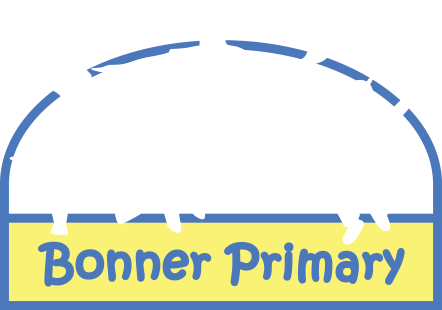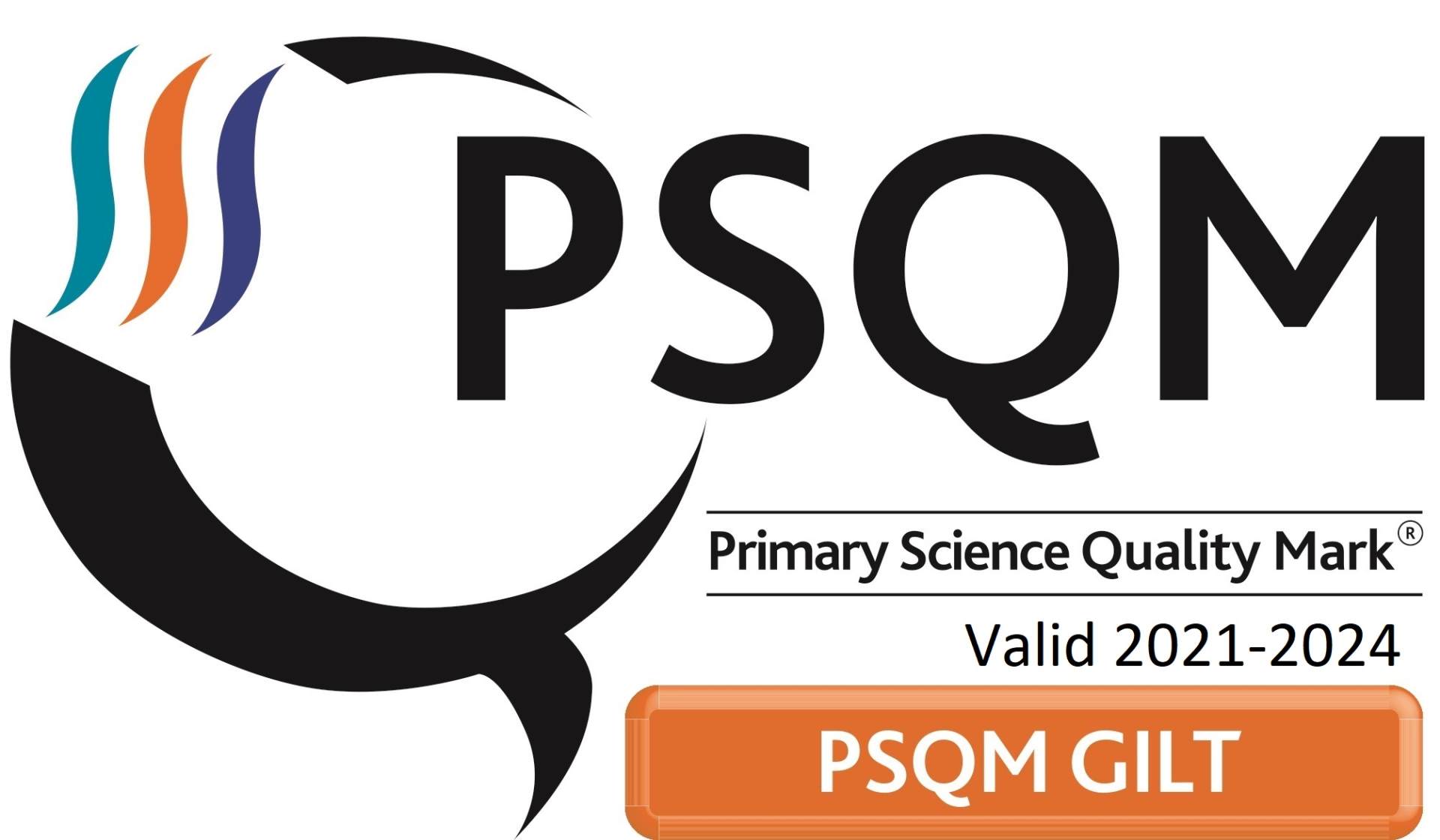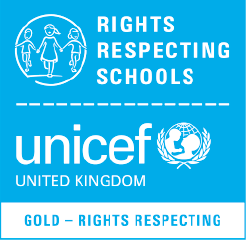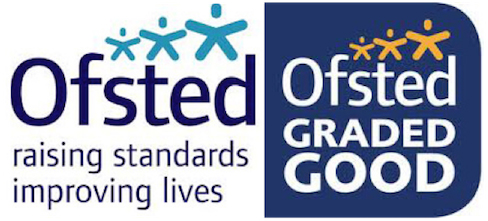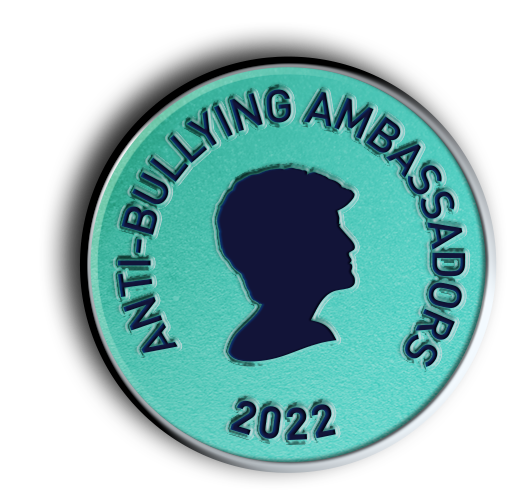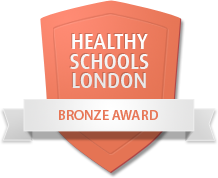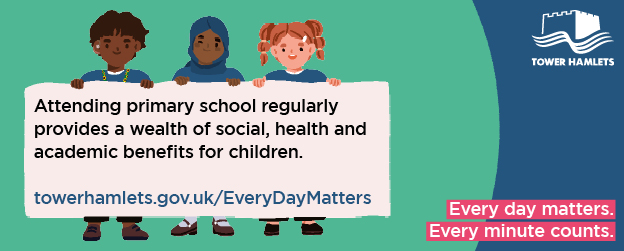History
Intent
 Bonner Primary School provides a history curriculum that is ambitious and designed for all pupils. It is coherently planned and sequenced towards cumulatively providing the necessary knowledge and skills for pupils’ futures, empowering them to take their role as informed and active citizens in the 21st century. The emphasis is not just on historical knowledge but also on skills and concepts. It has the same challenging academic ambitions for all pupils. They all work from a shared starting point to answer the same key questions. The content provides pupils with a clear understanding of how people lived in the past and what they believed to be important. Within the units, there are recurring themes such as settlement, migration, and religion, which build a stronger web of knowledge to ensure it sticks. Engaging with challenging themes enables pupils to connect with what is happening in the world around them. It equips them to engage in debate about current events and to use the past to inform their opinions. Over the course of their time at Bonner, pupils will develop an understanding of how we know about the past through a range of sources of evidence, and with increasing confidence, they will consider the utility and reliability of those sources.
Bonner Primary School provides a history curriculum that is ambitious and designed for all pupils. It is coherently planned and sequenced towards cumulatively providing the necessary knowledge and skills for pupils’ futures, empowering them to take their role as informed and active citizens in the 21st century. The emphasis is not just on historical knowledge but also on skills and concepts. It has the same challenging academic ambitions for all pupils. They all work from a shared starting point to answer the same key questions. The content provides pupils with a clear understanding of how people lived in the past and what they believed to be important. Within the units, there are recurring themes such as settlement, migration, and religion, which build a stronger web of knowledge to ensure it sticks. Engaging with challenging themes enables pupils to connect with what is happening in the world around them. It equips them to engage in debate about current events and to use the past to inform their opinions. Over the course of their time at Bonner, pupils will develop an understanding of how we know about the past through a range of sources of evidence, and with increasing confidence, they will consider the utility and reliability of those sources.
Implementation
A breadth of teaching approaches, appropriate to the content and desired learning outcomes, are used to engage all pupils and enable them not only to acquire knowledge but to apply it in meaningful contexts. Our History curriculum covers the breadth and depth of the National Curriculum, starting from the Early Years and continuing through to Year 6. We use the Rising Stars scheme as a foundation, but we have adapted it to fit the context and needs of our school, ensuring that it aligns with our specific curriculum goals. From Years 1 to 6, each year group has three History topics that they cover across an academic year.
In addition to classroom learning, we contextualise historical understanding through educational visits and inviting visitors to the school. These experiences allow pupils to engage with real-life artefacts and immerse themselves in the time periods they study, bringing history to life. This hands-on approach deepens their understanding and makes abstract historical concepts more tangible.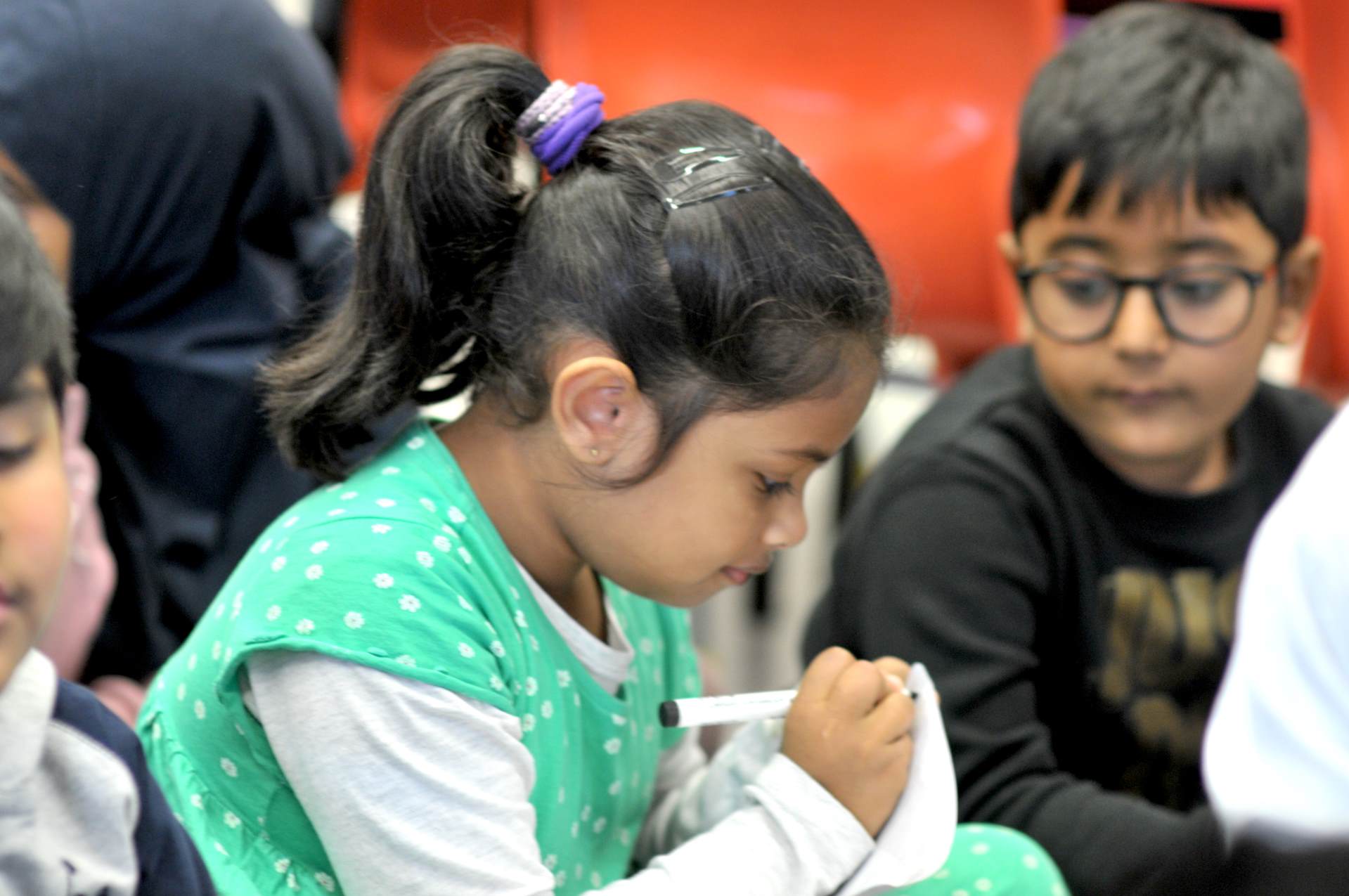
Educational visits to historical sites and museums, as well as visits from history experts or re-enactors, are integral parts of our curriculum, giving pupils the opportunity to experience history beyond the classroom walls. By interacting with artefacts and listening to experts, pupils are better able to visualise and understand the people, places, and events they learn about.
Appropriate discussion is encouraged as a means of systematically checking pupils' learning, identifying misconceptions, and providing immediate feedback. Questions and tasks designed to stretch and challenge the most able pupils are incorporated where appropriate. Revisiting ideas and concepts in different, more challenging contexts in later units, using varied assessments and the inclusion of quizzes, helps pupils retain content and integrate new knowledge into their evolving conceptual framework. The History curriculum is sequenced towards the accumulation of skills, knowledge, and understanding, with a clear progression towards the next key stage.
Impact
The impact of Bonner’s history curriculum is evidenced through the pupils’ use and understanding of knowledge, skills, concepts, and specialist vocabulary. This is demonstrated by the outcomes of varied activities, assessments, and quizzes. The broad range of approaches for pupils to communicate their knowledge ensures that everyone can demonstrate progression and impact. In particular, it is evidenced by pupils’ ability, willingness, and confidence in addressing and discussing each unit’s key question, giving responses that focus on historical vocabulary, skills, and concepts. Pupils understand and can explain to others what history is and the importance and value of studying the subject.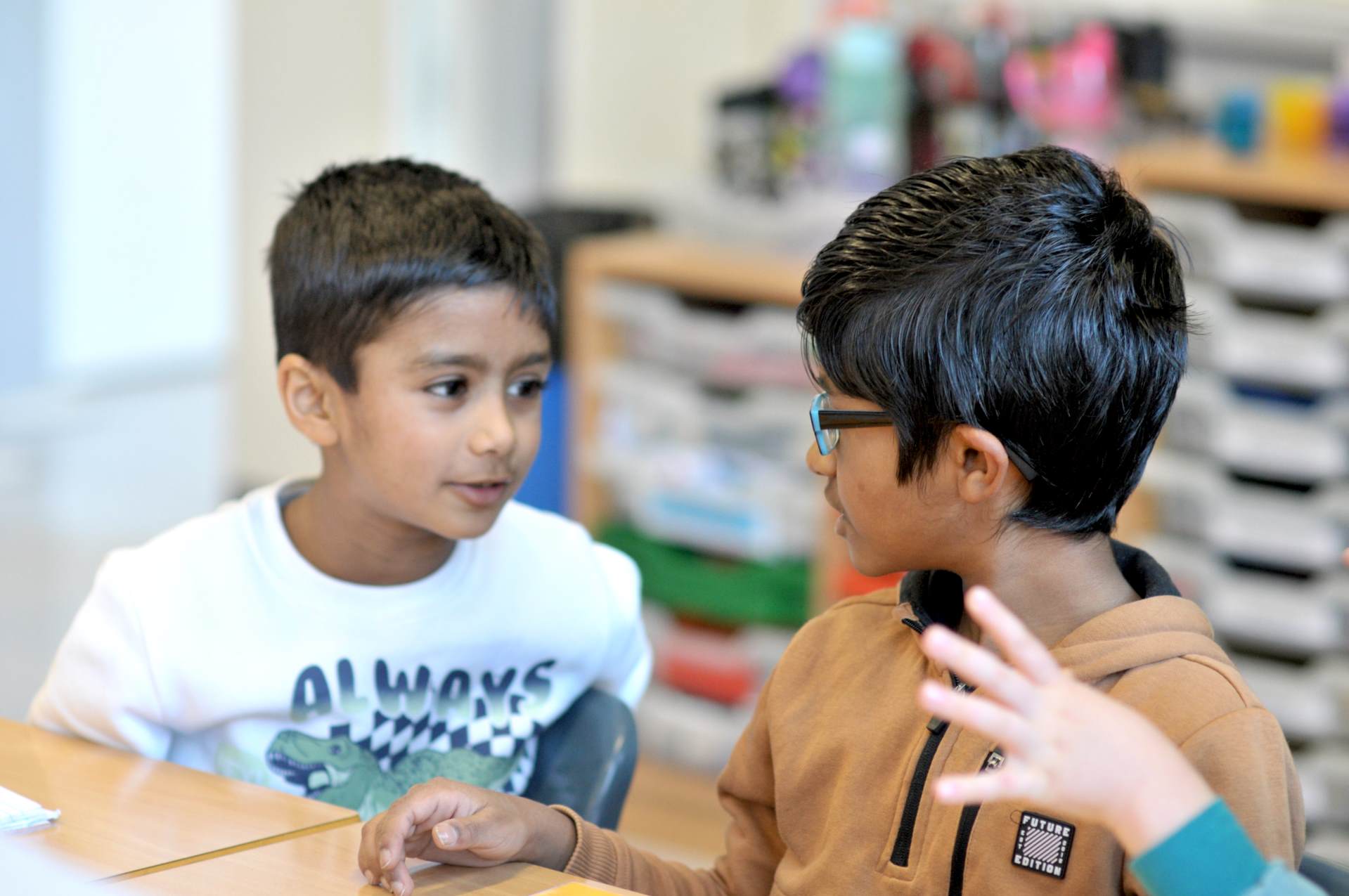
Progression of Skills
progression of skills history.pdf
Black History Month
During October, the whole school celebrates Black History Month.
Black History Month is a way to celebrate and recognise the contribution of Black people to British society. Black History Month in the UK celebrates the history, arts and culture of Black British people.
At Bonner, we believe Black History Month is important because it is a time when we learn about Black British people, who are not represented as much as other groups in books, films and television. It is important to see people who look like ourselves in the books that we read and the programmes that we watch.
Celebrating Black History Month at our school also reminds us of the importance of having respect and tolerance for all cultures. (Article 30 - Every child has the right to their own culture and beliefs).
Links:
Link to the official Black History Month website:
https://www.blackhistorymonth.org.uk/
Link to CBBC’s Black History Month page:
https://www.bbc.co.uk/cbbc/curations/black-history-month
Link to BBC Newsround Black History Month page:
https://www.bbc.co.uk/newsround/49883230
Useful links
Link to download the national curriculum:
Link to Bitesize History KS1 section of the BBC website:
https://www.bbc.co.uk/bitesize/subjects/zkqmhyc
Link to Bitesize History KS2 section of the BBC website:

